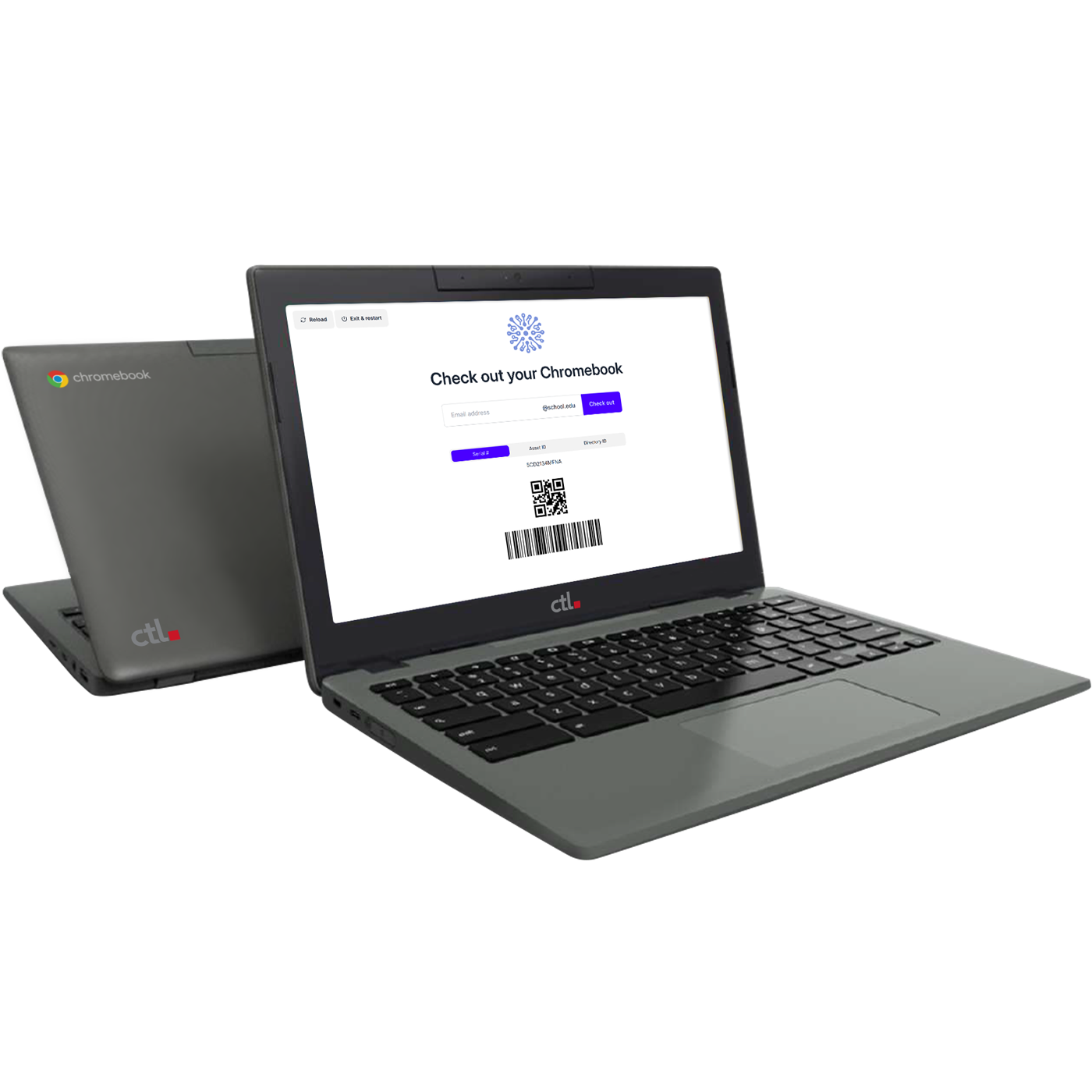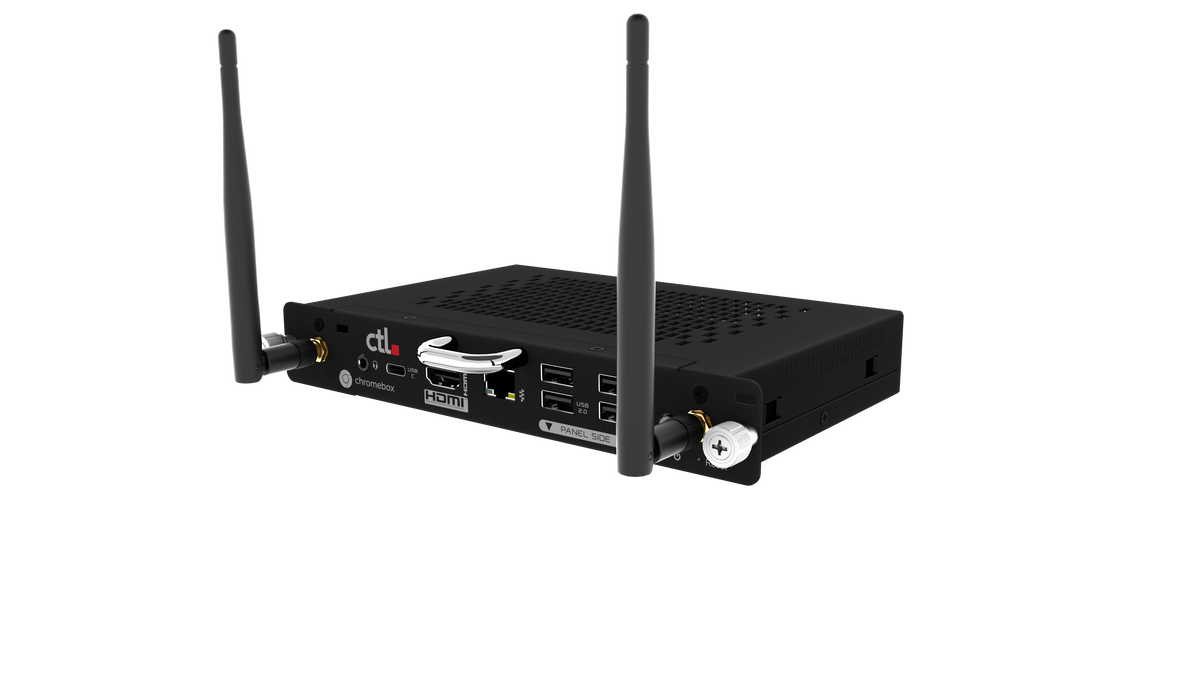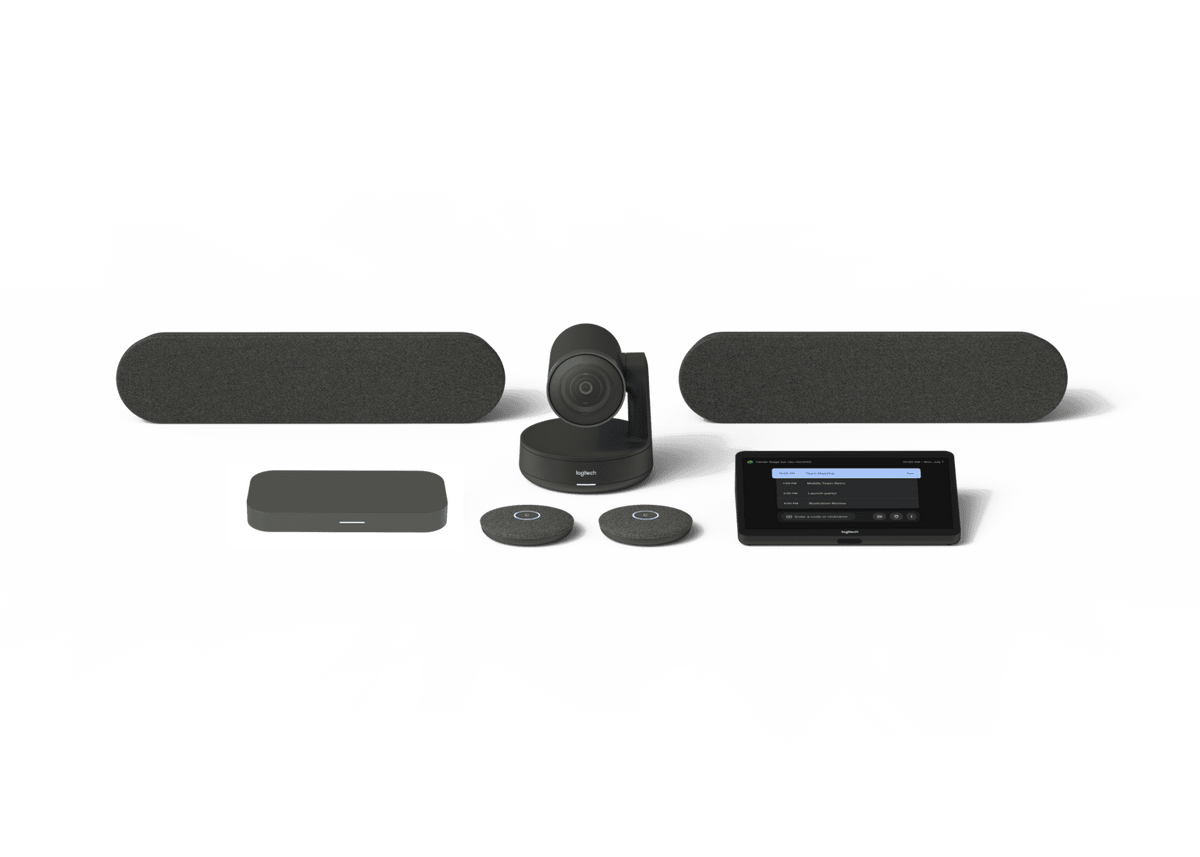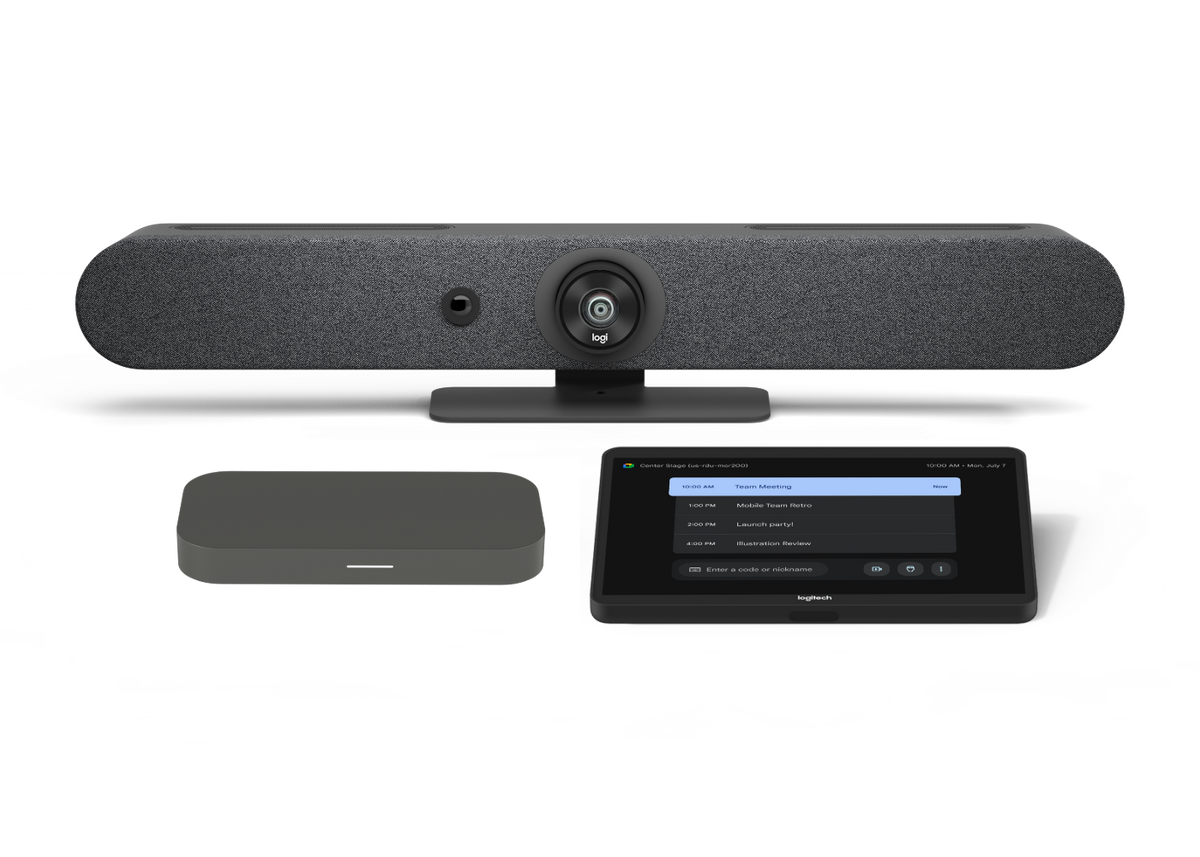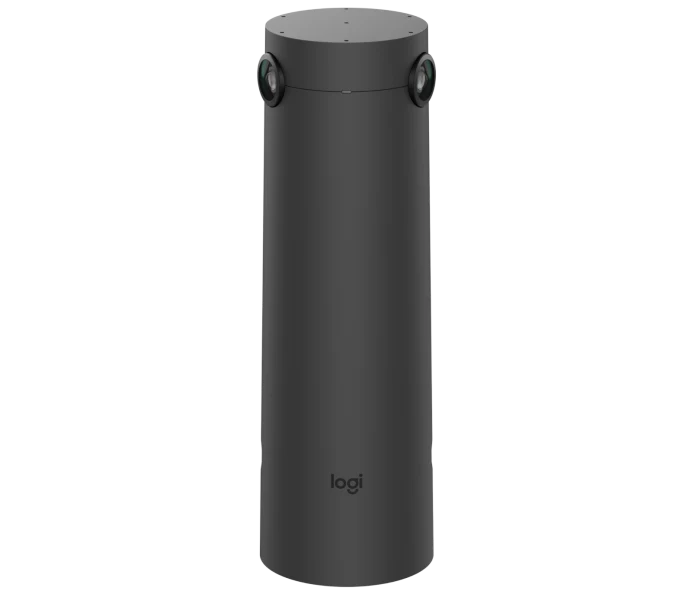Recognition programs help motivate students to succeed.
There isn’t a person alive who doesn’t like to be recognized for a job well done. The feelings that come from personal achievements last long into adulthood where merit is measured by promotions and pay raises. Although there is no monetary value to rewarding children in the classroom, it has distinct positive effects. In addition to getting more done with fewer interruptions, test scores are higher, and instances of bullying and other misconduct often decrease.
Knowing that they matter as individuals and collectively as a group helps develop students’ self-esteem. They are able to equate the effort they put into their academics to praise and other rewards. When students excel at something that they formally found difficult to do and are recognized for their efforts, they remember that feeling and seek to recreate it as often as they can.
The Making of a Successful Rewards System
The culture of the classroom is set up by the teacher who creates a points system that allows students to make good choices on behalf of themselves and their fellow classmates. It helps build character and creates leaders. Points can be collected in the form of stars or paper currency, whichever works best for the teacher. The latter must be managed by the students, however, and that can pose a problem if the “bucks” are misplaced, stolen or damaged.
Here are the things that every successful reward system has:
- A clearly laid out and understood system for measuring results. How points are earned should be explained on a chart or other visual aid with each task marked with the appropriate number of points received when meeting the teacher’s satisfaction. Teachers should keep track of tallied points in a spreadsheet in their Google Chromebook or CTL laptop.
- Rewards that celebrate the individual or group of individuals as well as the rest of the class. Noting that a certain student or group of students helped the class collectively to achieve an award is important. It gives credit where credit is due. It also serves as a motivational tool for other students who look up to their peers for a job well done.
- Alternative ways to measure success for students with special needs. Exceptions will need to be made on a case-by-case basis. Acknowledging that there is a different way of measuring success depends largely on the specific goals and needs of the student. The reward system should recognize all students and make exceptions whenever needed.
A program should be sustainable, so it can be modeled and used yearly. It should set the tone for the type of behavior the teacher wants to witness happening in the classroom. It gives students guidelines that provide structure and merit in their lives.
Make Excellent Behavior Something That is Demonstrated Everyday
Reward your students for going the extra mile day in and day out. Acknowledge exemplary behavior often. That way, they’ll be compelled to repeat it throughout the school year. Coming up with a system that meets the needs of the students that you’re teaching takes time and research. It does produce favorable results, so the payout is huge.

